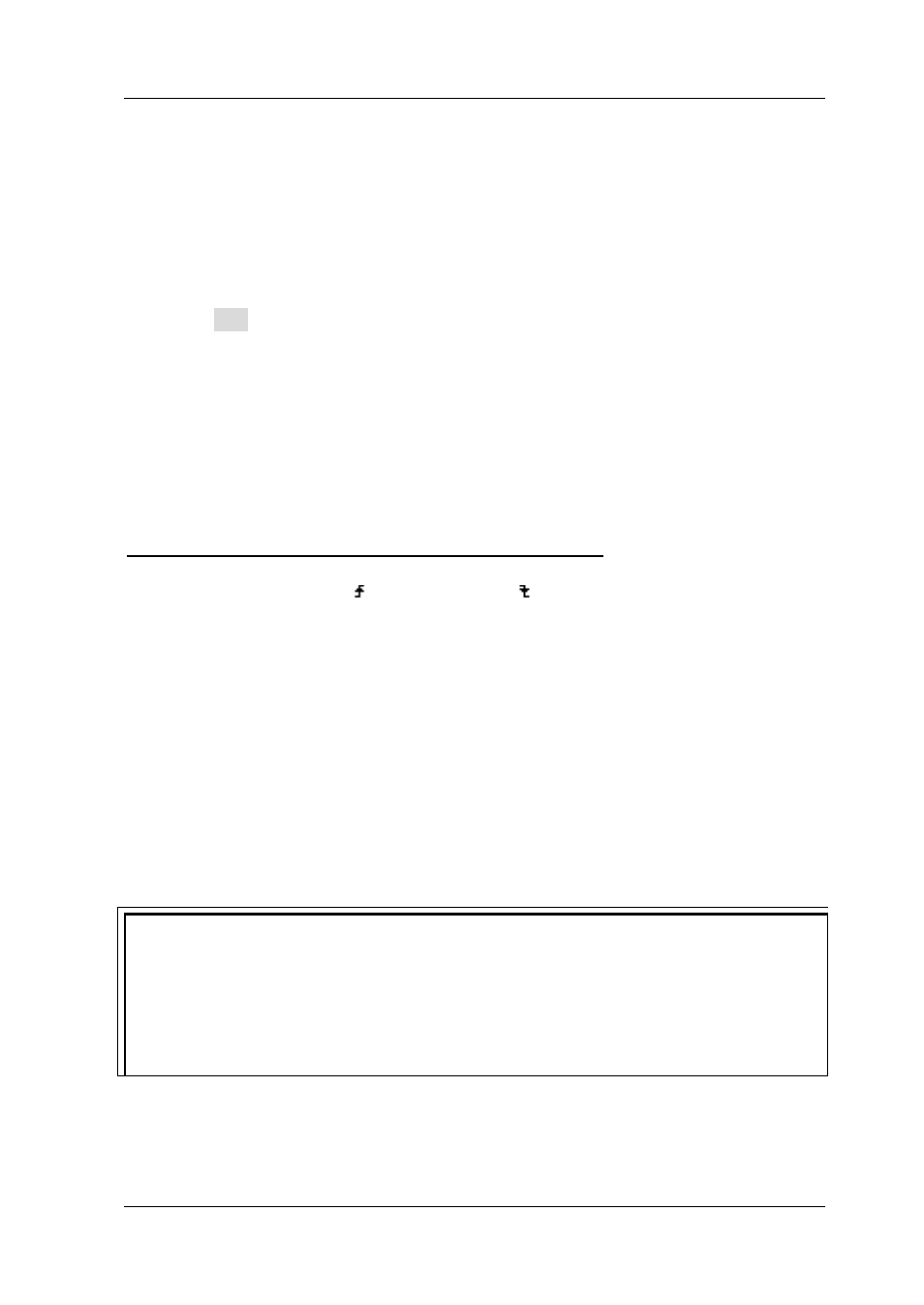Roll mode, Roll mode -5 – RIGOL MSO/DS1000Z Series User Manual
Page 65

Chapter 3 To Set the Horizontal System
RIGOL
MSO1000Z/DS1000Z User’s Guide
3-5
Note:
The maximum sample rate of XY mode is 500 MSa/s. Generally, longer sample
waveform can ensure better display effect of Lissajous figure. But due to the
limitation of the memory depth, you have to reduce the waveform sample rate
to acquire longer waveform (refer to the introduction in "Memory Depth").
Therefore, during the measurement, reducing the sample rate properly can
acquire better display effect of Lissajous figure.
When XY mode is enabled, "Delayed Sweep" will be disabled automatically.
Press X-Y to select "CH1-CH2, CH1-CH3, CH1-CH4, CH2-CH3, CH2-CH4,
CH3-CH4". After you choose any of the options, the instrument automatically
turns on the two corresponding channels and turns off the other two channels.
The X-axis tracks the voltage of the first channel in each option; the Y-axis
tracks the voltage of the second channel in each option.
The following functions are not available in XY mode:
"Delayed Sweep", "Vectors", "Protocol Decoding", "Acquisition Mode",
"Pass/Fail Test", "Waveform Record" "Digital Channel" and "To Set the
Method 2: Use the shortcut measurement function
Please refer to "Phase 12 " and "Phase 12 " measurement functions of "Delay
and Phase" on page 6-25.
Roll Mode
In this mode, the waveform scrolls from right to left to update the display.
The horizontal position and trigger control of the waveform are not available. The
range of horizontal scale adjustment is from 200 ms to 50.0 s.
Note:
When Roll mode is enabled, the waveform "horizontal position", "Delayed
Sweep", "Protocol Decoding", "Pass/Fail Test", "Waveform Record", "To
Set the Persistence Time" and "To Trigger the Oscilloscope" are not available.
Slow Sweep
Slow sweep is similar to Roll mode. In YT mode, when the horizontal time base is
set to 200 ms/div or slower, the instrument enters "slow sweep" mode in which the
instrument first acquires the data at the left of the trigger point and then waits for a
trigger event. After the trigger occurs, the instrument continues to finish the
waveform at the right of the trigger point. When slow sweep mode is used to
observe low frequency signal, DC "Channel Coupling" mode is recommended.